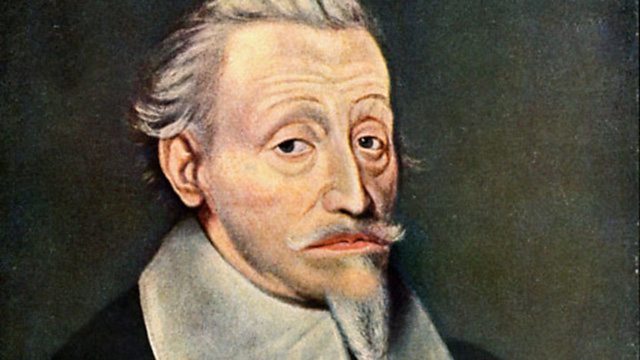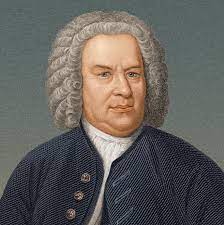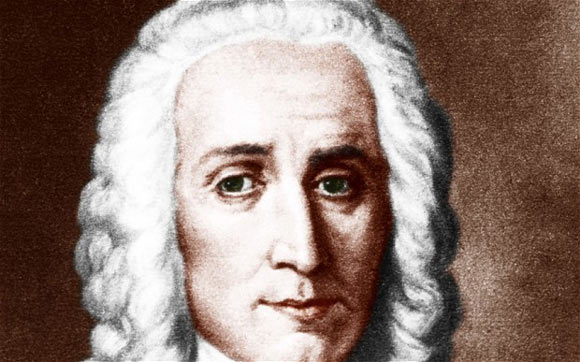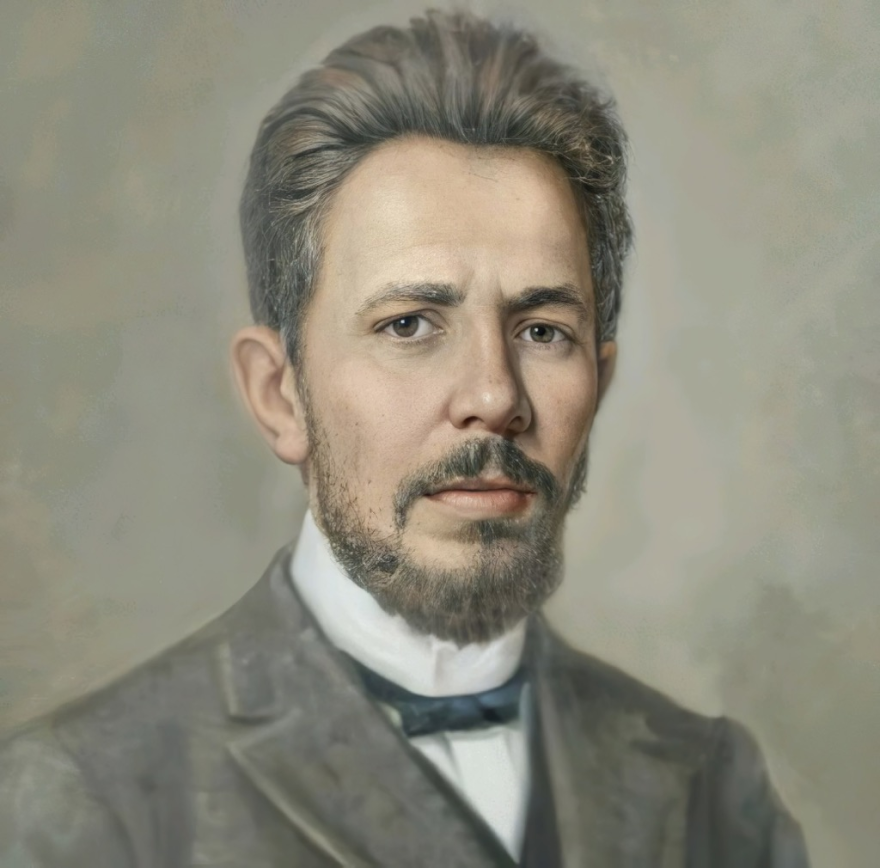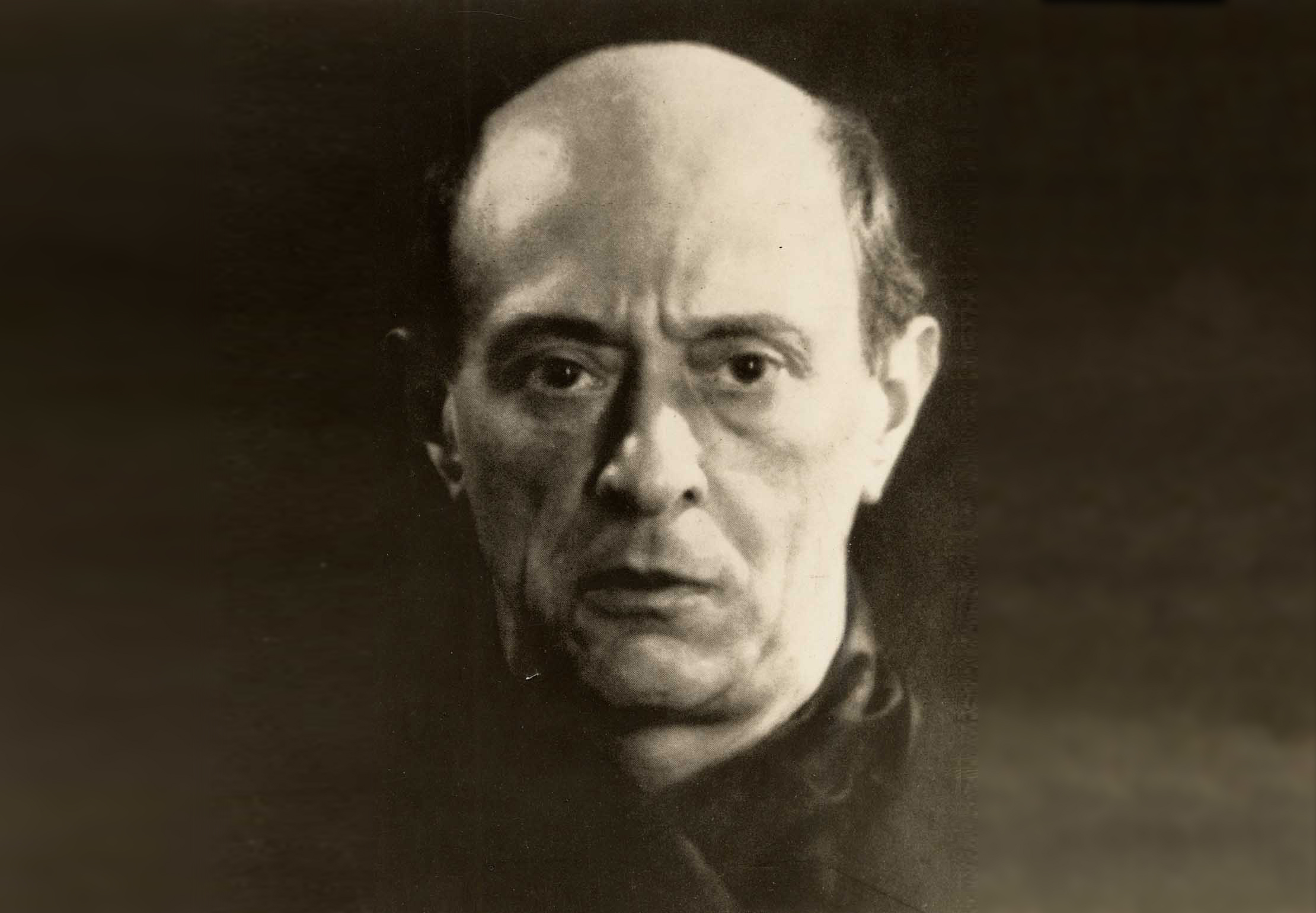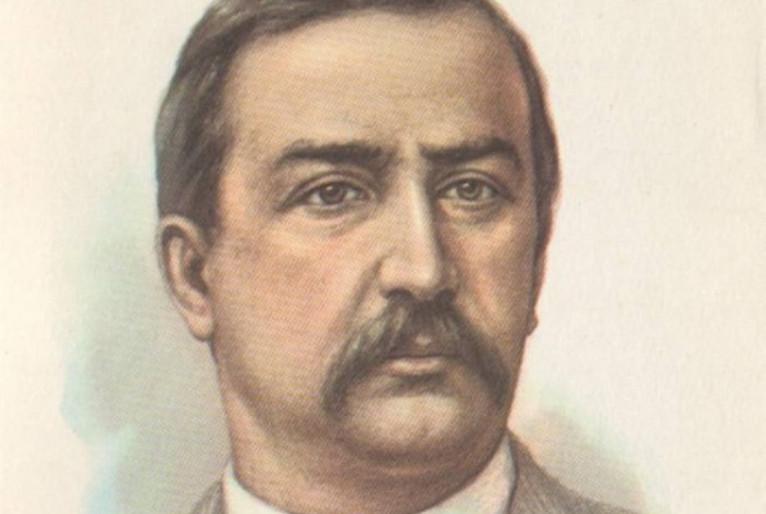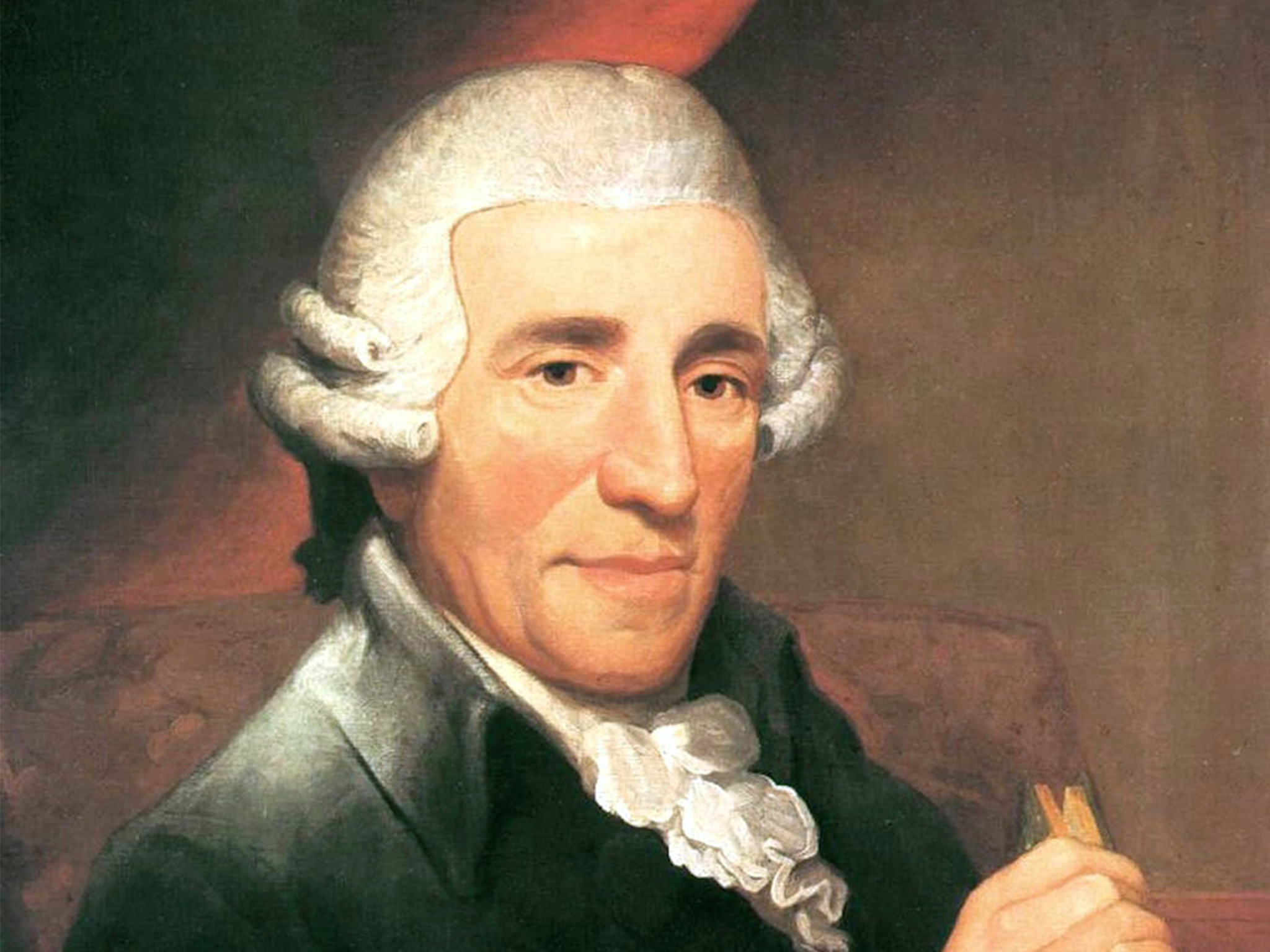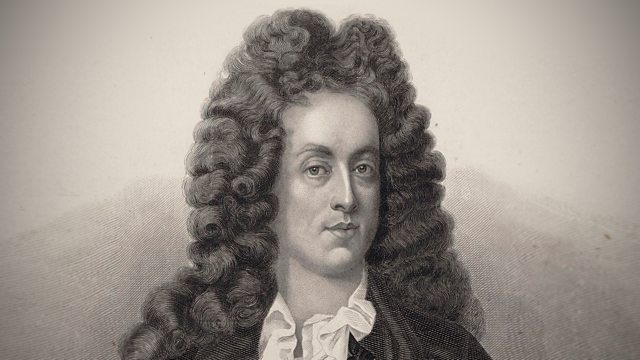In the realm of classical music, few composers have managed to captivate audiences with their exuberant melodies and infectious rhythms quite like Jacques Offenbach. Born in Cologne, Germany, in 1819, Offenbach later found his artistic home in France, where he forever left an indelible mark on the world of operetta. With a unique ability to blend wit, satire, and irresistible charm, Offenbach's compositions continue to delight audiences even today. Join us as we delve into the extraordinary life and musical legacy of the renowned composer, Jacques Offenbach. Jacques Offenbach was born into a musical family, with his father Isaac Offenbach being a cellist and synagogue cantor. From a young age, Jacques displayed prodigious talent as a cellist, and he embarked on a successful career as a virtuoso performer. However, his true passion lay in composition, and he soon began writing his own music, particularly in the genre of operetta.
Johann Sebastian Bach, a renowned composer of the Baroque era, is celebrated for his exceptional talent in crafting intricate and timeless compositions. His works continue to inspire and captivate audiences even centuries after his time. In this blog post, we delve into the world of Bach's genius and present to you the seven best songs that showcase his unmatched musical prowess and profound emotional depth.
Vasily Sergeyevich Kalinnikov was born on January 13, 1866, in Voina, a small village in the Oryol region of Russia. Born into a peasant family, Kalinnikov's talent for music was recognized early on. Despite the financial challenges his family faced, they encouraged his musical pursuits. At the age of nine, he started playing the balalaika and later joined the village church choir, where his musical abilities blossomed.
His talent soon caught the attention of Alexander Kopylov, a prominent conductor and composer, who arranged for Kalinnikov to study at the Moscow Conservatory. Under the tutelage of renowned composers such as Sergei Taneyev and Anton Arensky, Kalinnikov honed his skills and developed a deep appreciation for Russian folk music and the works of Tchaikovsky.
In the grand tapestry of musical history, few figures stand as tall and influential as Jean-Baptiste Lully. Born in Florence, Italy, in 1632, Lully would go on to become one of the most celebrated composers and conductors of the Baroque era. Renowned for his collaborations with Molière and his close ties to the court of Louis XIV, Lully's genius forever shaped the musical landscape of 17th-century France. Join us as we delve into the captivating biography of this musical maestro who reigned supreme in the halls of Versailles. Jean-Baptiste Lully's journey to musical greatness began at a young age. At the tender age of twelve, he was brought to France as an apprentice to the Chevalier de Guise, where he received an exceptional education in music. Gifted with immense talent and an insatiable passion for the art form, Lully mastered the violin, guitar, and keyboard instruments with remarkable ease.
In the annals of musical history, certain names stand out as pioneers who challenged the conventions of their time, pushing the boundaries of composition and forever altering the course of music. One such figure is Arnold Schönberg, a revolutionary composer who defied traditional tonality and forged a new path for the future of music. Join us on a journey through the extraordinary life and work of this musical visionary. Arnold Schönberg was born on September 13, 1874, in Vienna, Austria, into a modest Jewish family. His childhood was marked by tragedy and struggle, losing his father at a young age. However, Schönberg's passion for music blossomed early on, and he dedicated himself to its pursuit. He studied composition and harmony with prominent figures such as Alexander von Zemlinsky, imbuing him with a deep appreciation for the Romantic repertoire.
In the realm of Russian classical music, few names evoke such admiration and intrigue as that of Alexander Borodin. As a composer, chemist, and dedicated advocate for women's education, Borodin led a remarkable life that left an indelible mark on the world of music. His compositions continue to captivate audiences with their lush melodies, evocative harmonies, and distinctive Russian spirit. Join us as we delve into the fascinating biography of Alexander Borodin, a true master of the Romantic era. Born on November 12, 1833, in Saint Petersburg, Russia, Alexander Porfiryevich Borodin was raised in an environment that nurtured both his scientific and artistic talents. Despite initially pursuing a career in chemistry, he couldn't resist the allure of music, which soon became his lifelong passion. Borodin's fascination with Russian folk music, coupled with his exposure to Western European compositions, laid the foundation for his unique musical style.
Born in Rohrau, Austria, on March 31, 1732, Joseph Haydn demonstrated his musical talents at an early age. Recognizing his potential, his parents sent him to study music at the age of eight, where he learned to play various instruments and received training in composition. Despite financial struggles, Haydn's determination and passion for music propelled him forward, leading him to Vienna, the epicenter of European music at the time.
In the realm of classical music, certain individuals shine brightly as towering figures, leaving an indelible mark on their respective eras. One such luminary is Henry Purcell, a British composer who graced the world with his remarkable talent during the Baroque period. Renowned for his profound musicality and innovation, Purcell's compositions continue to captivate audiences centuries after his time. Join us as we delve into the captivating biography of Henry Purcell and explore the life and musical legacy of this esteemed composer.
